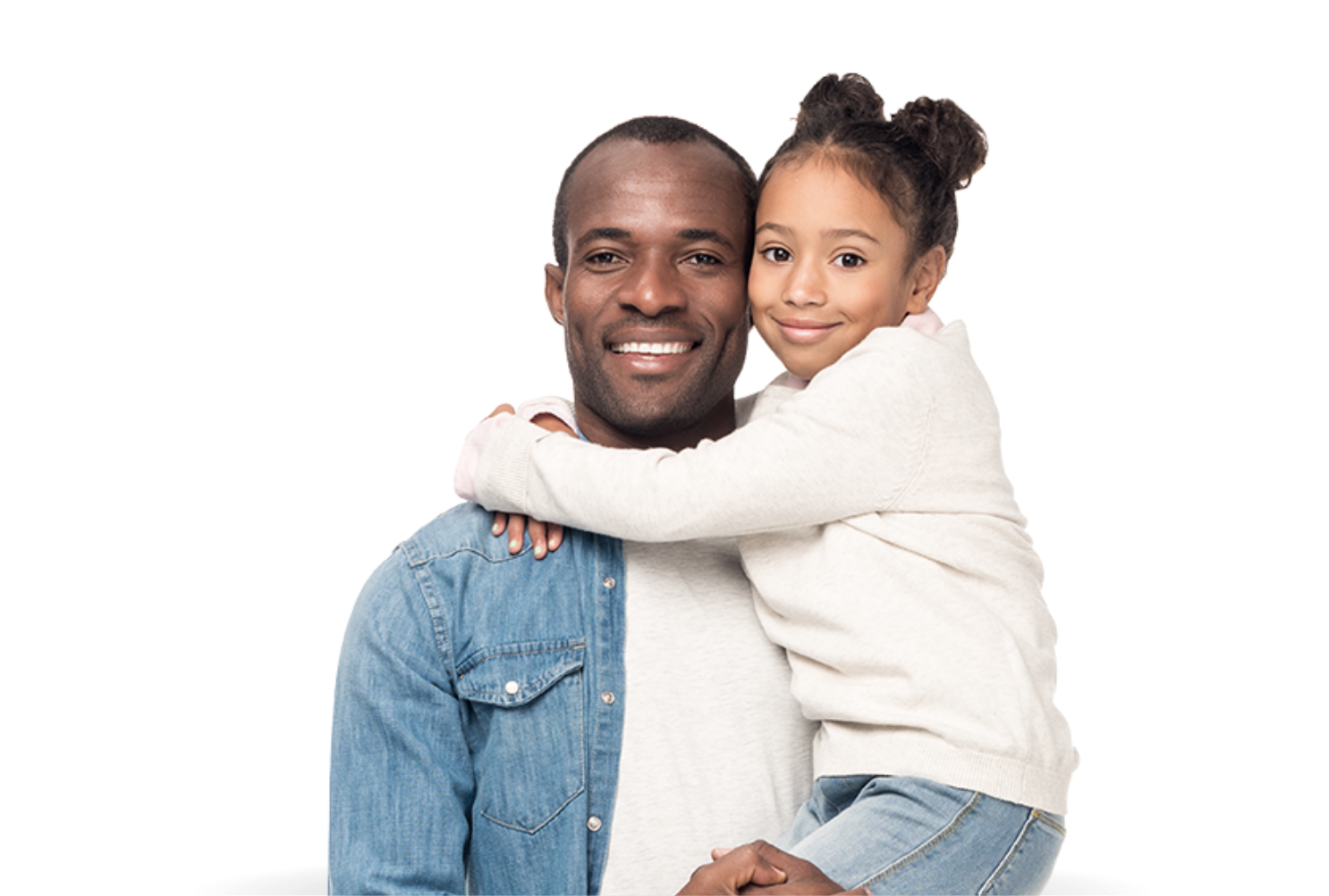

 It was like my daughter
It was like my daughter When my daughter had her first asthma attack I had no idea what to do, so I called 999. Deborah was my emergency call handler and immediately went into action, asking me to describe what was happening and arranging for an ambulance to come straight to the house.
I was so scared seeing my little girl like that, but Deborah was brilliant – really warm and supportive, she even managed to give me some advice on how I could make my daughter more comfortable while we were waiting – how she did that when I was panicking I’ll never know!
It was almost like having a friend put a protective arm around your shoulder and telling you it’s going to be alright. I guess she just kept me focused on the fact that help was coming. It was like my daughter and I were the only things that mattered to her in that moment. I don’t think I could have got through the wait for the ambulance without Deborah. She saved my daughter’s life.
 You know that you are
You know that you areYou never know what you’re going to find at the other end of an emergency call, which is why it’s so important to listen to the person at the other end and arrange the right help for them as fast as possible. In Mark’s case it was clear he was in a bit of a state so once I’d understood the urgency of the situation, I needed to help him relax a bit so that I could give him some simple instructions to help his daughter while they waited for the paramedics.
I love the fast-paced nature of this job; you have to think on your feet all the time. It can be tough emotionally sometimes. But that’s far outweighed by the fact that you know you are helping someone who really needs it. Not every call turns out to be an emergency but the person at the other end still needs some support and reassurance and it gives me a lot of satisfaction at the end of the shift to know I was able to provide it.
Emergency call handlers are often first to respond to people in very stressful circumstances. It helps to have some of these characteristics:
Every call is different, which means you’ll need to be a quick thinker and calm under pressure.
Many of the people you’ll speak to will be in some sort of distress, so kindness and compassion are essential.
That said, this is a tough role emotionally, so it helps if you can balance empathy with an ability to not get personally attached to the situation.
You’ll also need excellent communications skills as you’ll be relaying vital, potentially life-saving, information between your caller and the emergency response team.
You’ll often be part of a wider team of medical experts, which means the job suits critical thinkers who can work both independently and in partnership.
Good, you’ve come to the right place. Find out if there are any current vacancies, about career progression, pay and much more.
Find out moreNot sure where to start or how to get that next job? Don’t worry, help is at hand.
Find out moreIf you need a bit of direction, this career mapper quiz can help you discover one of over 350 NHS roles that could be right for you.
Find out moreIf you’d like to be a calm voice at the end of the phone for people in need, read on to find out the reality of working as an emergency call handler, and some of the relevant organisations that can help you thrive at work.
Find out more about becoming an emergency call handler with the South Coast Ambulance Service. More
A day as an emergency services call handler. More
Discover more about how to get into a career as an emergency medical dispatcher. More
A free membership scheme for learning and development in cardiovascular care. More
Explore how the Resuscitation Council contribute to saving life through education, training, research and collaboration. More